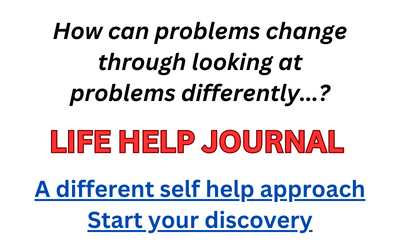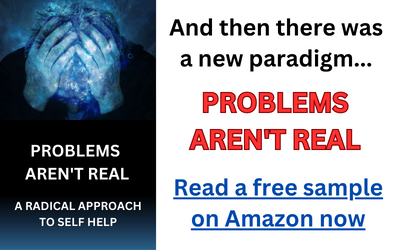There is a subconscious role in suffering that is important to understand, particularly for those who are themselves trying to get clear of suffering. Before we go into details of the significance however, let’s first discuss what the subconscious role in suffering is.
There are actually two aspects of subconscious suffering. The first is traumatic events that occurred during the course of one’s life — typically early on, and in the childhood years in particular. The effects of these early traumas can be subconsciously internalized, especially if trauma occurred frequently. This is to say that the pain effects from these traumas are subconsciously stored and rise to the surface, so to speak, every so often.
The other subconscious effect of suffering has to do with karmic fallout. What does this mean? It means, essentially, that we come into this lifetime with inherited debt suffering. This debt suffering can come from different sources — previous lifetimes, from ancestors, from our association with a collection of individuals like a nation or ethnic group. The bottom line effect of this debt suffering is suffering in the here and now.
The notion of karmically inherited suffering will likely meet with resistance from some people, particularly those with a western culture background. Why? A core belief of western culture, and this is especially true within the United States, is independence. This typically translates into a belief that the world works through individualism, that there isn’t a solid connection between peoples and between people and their surroundings.
I am this and I am over here, that is over there and it is that.
This type of mindset makes it permissible to be unconcerned with the plight of others, to engage in violence, and to treat the earth as a means to an end rather than an end in itself. But what if this mindset of dualism — being distinct and different from one another — is incorrect and, in fact, everything is part of the same whole?
It would mean violence and insensitivity of any sort would be perpetrated against the self — or against someone or something that is loved. Committing violence against peoples of a foreign nation would have the same effect as committing violence against one’s child. Being indifferent towards anything would mean being indifferent against one’s closest friend. Outward hostility would be hostility against yourself.
Actually this notion of a collective one — that there is no me and them, there is only one presence — is a staple of most spiritual teachings. Acclaimed spiritualist Ramana Maharshi was quoted as speaking to this: There are no others.
If one still wants to believe that there is a division between everything then so be it. But the idea of subconscious suffering is meaningful because it reduces, significantly, personalizing suffering. In other words it’s no longer your suffering or your problems, it’s the energy of suffering that exists irrespective of you personally.
You don’t own it — unless and until you tell yourself that you do own it. If anything it belongs to the universe at large, although you do have the chance to eliminate it from being if you choose to.
How?
Simply observe it — otherwise absolutely let it be — and it will burn up in the light of your consciousness.
Consider suffering as an energy that moves through the individual and collective psyche and not as something that belongs to you specifically or is a part of your particular life narrative. Looking at it this way, can you sense a distance from suffering? Watch this energy when it appears, simply observe it, and it will soon be swallowed up by the light shined from your divine presence.

